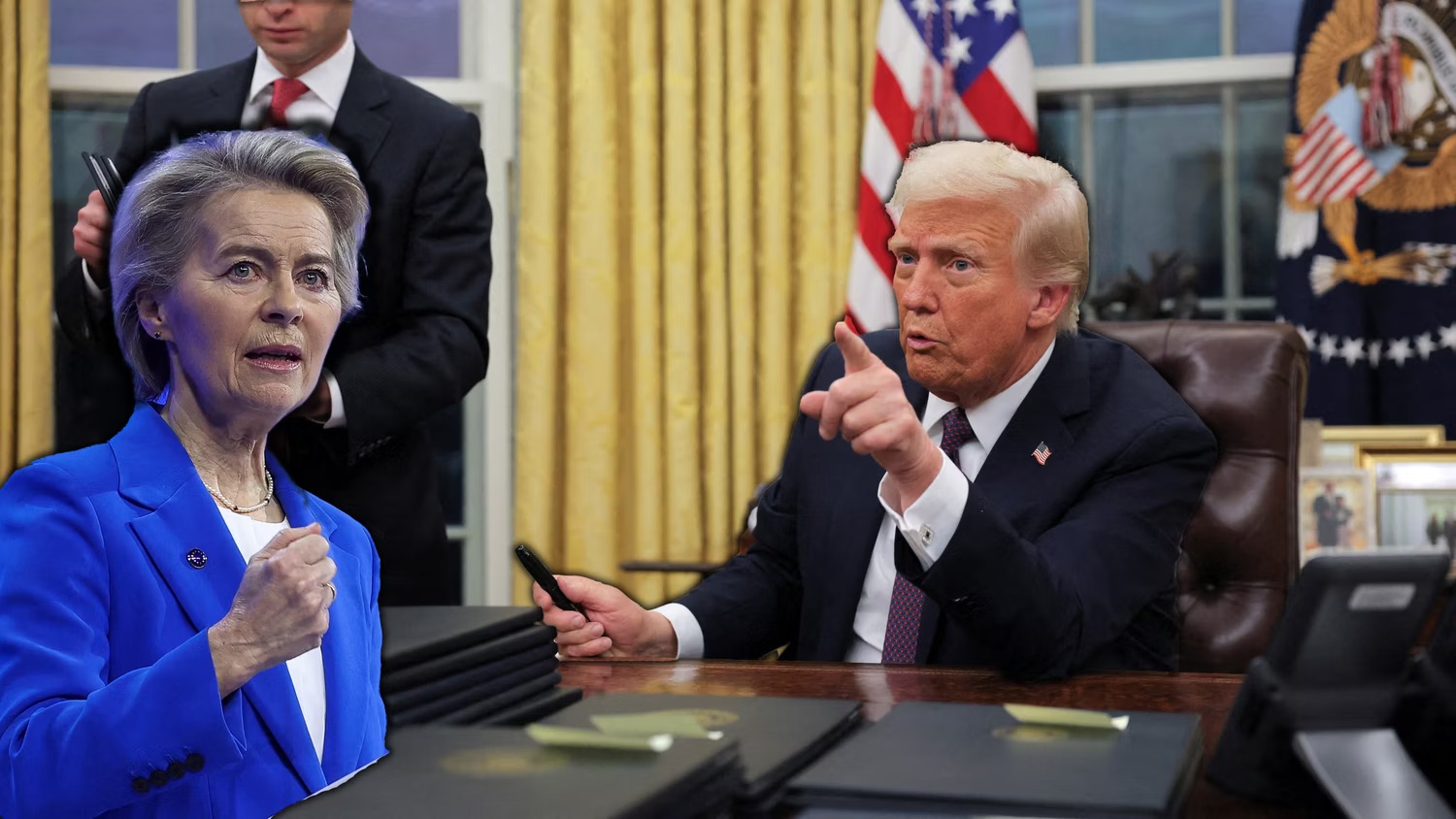Local stakeholders in Nigeria’s cryptocurrency sector are pushing for a regulatory framework that emphasizes compliance over criminalization. This shift is championed by Obinna Iwuno, the former president of the Stakeholders in Blockchain Technology Association of Nigeria (SiBAN), who is advocating for a more balanced approach to crypto regulation.
In a recent interview with Cointelegraph, Obinna Iwuno expressed concerns about Nigeria’s current regulatory stance, which has led to high-profile legal disputes and the detention of cryptocurrency executives. Iwuno argues that this approach is counterproductive and could tarnish Nigeria’s reputation on the global stage.
Iwuno emphasizes that Nigeria, as a significant player in the global cryptocurrency market, stands to benefit from a well-regulated industry. “Nigeria is a big player globally in cryptocurrency that it cannot afford not to regulate crypto,” he noted. “We stand to gain a lot by regulating it than we stand to lose from a well-regulated ecosystem.”
The Binance Controversy
This advocacy comes in the wake of ongoing legal issues involving Binance, one of the world’s largest cryptocurrency exchanges. Binance faces charges of money laundering and tax evasion in Nigeria, which have led to the arrest and continued detention of its executive, Tigran Gambaryan.
- Legal Battles: The aggressive regulatory approach in Nigeria has led to significant legal challenges for Binance, including high-profile arrests and charges.
- Industry Concerns: Stakeholders are worried that such tactics could hinder the growth of the cryptocurrency sector in Nigeria and negatively impact the country’s international reputation.
In contrast, some local crypto community members are pointing to India’s recent resolution of its regulatory disputes with Binance as a model for Nigeria. India’s Financial Intelligence Unit (FIU) imposed a $2.25 million fine on Binance and required the exchange to register as a reporting entity.
Benefits of India’s Approach:
- Penalty and Compliance: This strategy allowed Binance to continue operations while adhering to local regulations, demonstrating a balance between enforcement and operational continuity.
- Constructive Engagement: The Indian government’s approach, which combined financial penalties with constructive dialogue, is seen as a more effective way to manage cryptocurrency regulation.
Local policy and data analyst Obinna Uzoije supports Iwuno’s perspective, highlighting the differences between India’s balanced regulatory approach and Nigeria’s more punitive stance.
The Importance of Dialogue and Compliance
Uzoije believes that a focus on dialogue and compliance is crucial for effective regulation. He argues that India’s method of resolving its issues with Binance ensured that rights were respected while creating an environment conducive to oversight and innovation.
“This approach prevents the damaging consequences of imprisoning employees as a means of exerting pressure,” Uzoije said. He added that India’s strategy represents a forward-thinking regulatory framework that prioritizes cooperation over punishment, helping to maintain business operations and investor trust.
| Aspect | Nigeria | India |
|---|---|---|
| Regulatory Focus | Criminalization, punitive measures | Compliance, fines, constructive engagement |
| Binance’s Legal Status | Ongoing legal battles, executive detention | $2.25 million fine, registration as a reporting entity |
| Industry Impact | Potential stifling of growth, reputational risks | Balanced approach, operational continuity |
| Stakeholder Feedback | Concerns about reputation and effectiveness | Praise for balanced regulatory framework |
Local stakeholders are urging Nigeria to shift towards a regulatory framework that emphasizes compliance over criminalization. This approach, advocated by figures like Obinna Iwuno and supported by comparisons with India’s handling of similar issues, is seen as a more constructive and effective way to manage the complexities of cryptocurrency regulation. By focusing on fines and operational restrictions rather than punitive measures, Nigeria could enhance its global standing and support the growth of its crypto sector.










